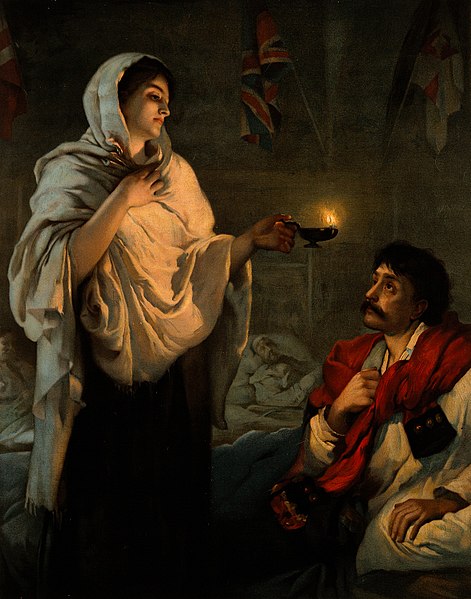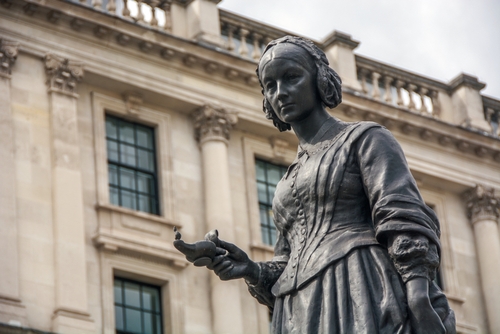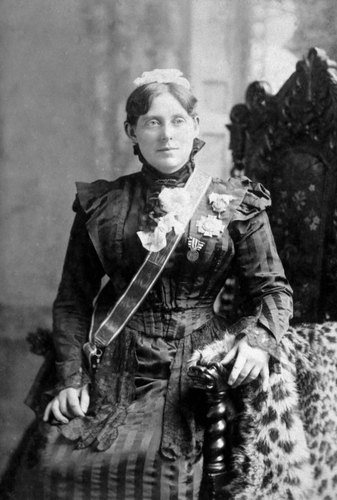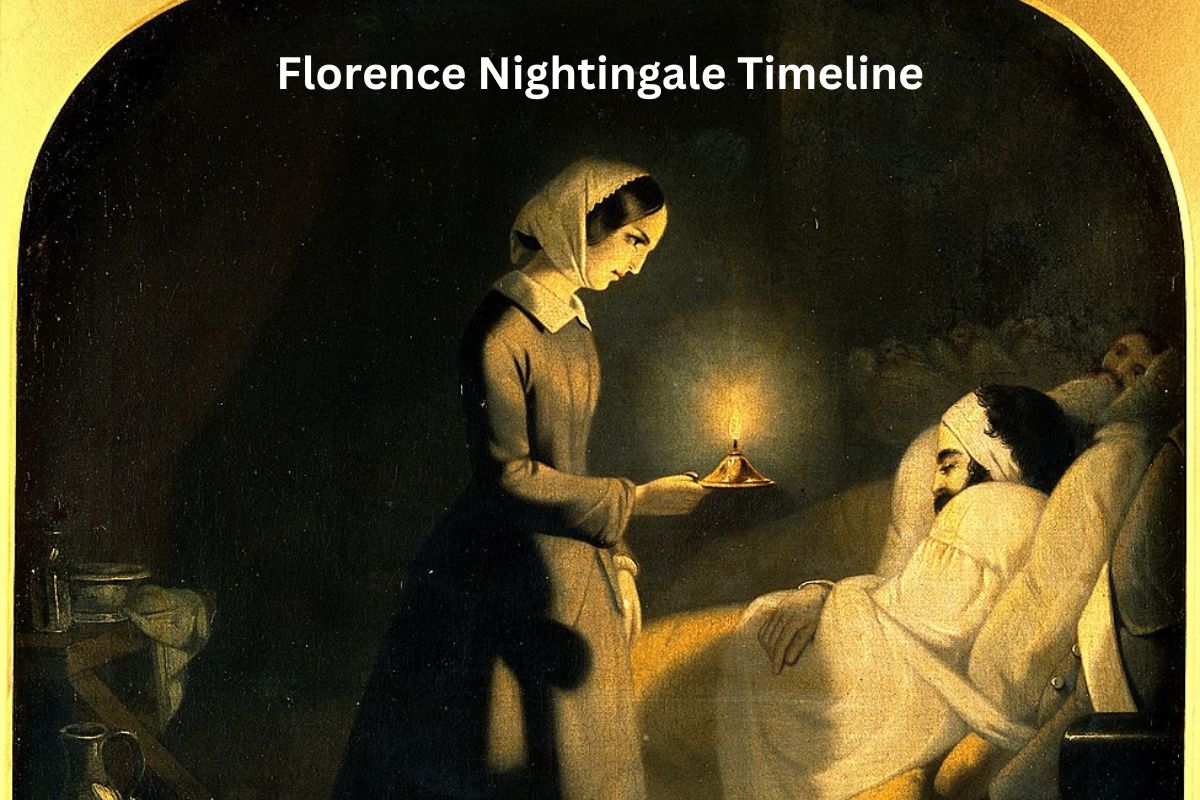Florence Nightingale, born on May 12, 1820, in Florence, Italy, was a trailblazing figure in the field of nursing and healthcare reform during the 19th century.
Her life’s work, which included her service during the Crimean War, the establishment of the Nightingale Training School for Nurses, and her influential writings, revolutionized nursing practices and healthcare standards.
Florence Nightingale’s dedication to improving patient care, her emphasis on hygiene and sanitation, and her unwavering commitment to the profession of nursing continue to inspire and shape modern healthcare systems. This brief introduction sets the stage for a deeper exploration of her remarkable life and contributions.
| Year | Event |
|---|---|
| 1820 | Florence Nightingale is born in Florence, Italy |
| 1837 | She begins her education in nursing and healthcare |
| 1851 | Becomes superintendent at the Institute for the Care of Sick Gentlewomen |
| 1854-1856 | Serves as a nurse during the Crimean War |
| 1856 | Advocates for healthcare reforms |
| 1859 | Publishes “Notes on Nursing: What It Is, and What It Is Not” |
| 1860 | Establishes the Nightingale Training School for Nurses |
| 1861 | Founding of the Nightingale Fund |
| 1865 | Receives the Royal Red Cross |
| 1883 | Receives the Order of Merit |
| 1907 | Receives Honorary Freedom of the City of London |
| 1910 | Florence Nightingale passes away in London |
Timeline of Florence Nightingale
1820: Florence Nightingale is born in Florence, Italy
On May 12, 1820, Florence Nightingale was born in Florence, Italy, to a wealthy English family. She was named after the city of her birth. Florence was the second of two daughters, and her family belonged to the British upper class.

1837: She begins her education in nursing and healthcare
In 1837, Florence Nightingale began her formal education in nursing and healthcare. Her family’s social status afforded her the opportunity to receive an education that was unusual for women of her time. She was particularly interested in the field of nursing and the care of the sick.
1851: Becomes superintendent at the Institute for the Care of Sick Gentlewomen
In 1851, Florence Nightingale was appointed as the superintendent of the Institute for the Care of Sick Gentlewomen in Distressed Circumstances in London.
This position marked the beginning of her active involvement in nursing and healthcare. Her work at the institute laid the foundation for her later achievements in the field of nursing.
Also Read: Florence Nightingale Accomplishments
During her time as superintendent, she gained valuable experience in nursing and hospital management. This experience would prove invaluable when she later undertook her famous mission to improve the conditions for wounded soldiers during the Crimean War.
1854-1856: Serves as a nurse during the Crimean War
In 1854, Florence Nightingale embarked on a transformative journey during the Crimean War. She, along with a group of nurses, was sent to the military hospital in Scutari (modern-day Üsküdar, Turkey) to care for wounded soldiers. It was during this time that she gained worldwide recognition for her pioneering work in nursing.
Also Read: Mother Teresa Facts
Conditions in the Scutari hospital were deplorable, with overcrowding, inadequate sanitation, and poor medical care contributing to high mortality rates.
Florence Nightingale, often referred to as the “Lady with the Lamp” due to her habit of making rounds at night with a lamp in hand, tirelessly cared for the wounded and worked to improve sanitation and healthcare practices.
She introduced strict hygiene measures, including handwashing and proper waste disposal, which significantly reduced the spread of diseases. Her dedication and innovations led to a substantial decrease in the death rate among the wounded soldiers.

1856: Advocates for healthcare reforms
After her return from the Crimean War in 1856, Florence Nightingale continued her advocacy for healthcare reforms in Britain. She used her newfound fame to push for improvements in healthcare infrastructure, sanitation, and the quality of nursing care in hospitals.
Nightingale’s experiences in the Crimean War and her data-driven approach to healthcare reform made her a persuasive voice in shaping health policy. She used statistical analysis to support her arguments and advocated for the implementation of her principles in hospitals and healthcare institutions across the country.
1859: Publishes “Notes on Nursing: What It Is, and What It Is Not”
In 1859, Florence Nightingale published “Notes on Nursing: What It Is, and What It Is Not,” a seminal work in the history of nursing and healthcare. This book laid out her principles of nursing care and hygiene and became a foundational text for modern nursing practice.
“Notes on Nursing” addressed a wide range of topics related to nursing, patient care, and hospital management. It emphasized the importance of compassion, cleanliness, and the role of nurses in promoting patients’ well-being. The book was well-received and had a lasting impact on nursing education and practice, influencing generations of nurses.
1860: Establishes the Nightingale Training School for Nurses
In 1860, Florence Nightingale took a significant step towards revolutionizing nursing education by establishing the Nightingale Training School for Nurses at St. Thomas’ Hospital in London. This institution marked a pivotal moment in the history of nursing education.
The Nightingale School became the first formal nursing school in the world. It aimed to provide a structured and standardized education for nurses, emphasizing not only clinical skills but also the importance of compassion and professionalism.
This model of nursing education laid the foundation for modern nursing schools and helped raise the status of nursing as a respected profession.
1861: Founding of the Nightingale Fund
In 1861, Florence Nightingale founded the Nightingale Fund, which was dedicated to raising money for the training of nurses. This fund played a crucial role in supporting the Nightingale School and expanding the reach of nursing education.
Donations from the Nightingale Fund enabled more nurses to receive proper training, and it contributed to the proliferation of nursing schools and programs worldwide.
Florence Nightingale’s commitment to ensuring a well-trained nursing workforce had a lasting impact on healthcare systems globally.

1865: Receives the Royal Red Cross
In 1865, Florence Nightingale was awarded the Royal Red Cross by Queen Victoria for her outstanding contributions to nursing and healthcare during the Crimean War. This recognition was a significant honor and marked her dedication and pioneering work in the field.
The Royal Red Cross is a prestigious award that acknowledges exceptional service to the military and nursing. Nightingale’s efforts in improving medical care and conditions for wounded soldiers in the Crimea were widely acknowledged and celebrated.
1883: Receives the Order of Merit
In 1883, Florence Nightingale became the first woman to receive the Order of Merit, a distinguished honor in Britain that recognizes individuals who have made exceptional contributions to art, literature, science, or public service.
This recognition underscored Nightingale’s impact on public health, nursing, and healthcare reform. Her innovative approaches to healthcare, including her emphasis on sanitation and data-driven decision-making, continued to shape the future of healthcare systems.
1907: Receives Honorary Freedom of the City of London
In 1907, Florence Nightingale was awarded the Honorary Freedom of the City of London, a prestigious recognition that is granted to individuals or organizations who have made significant contributions to the city and its people.
This honor was a testament to Nightingale’s lifelong dedication to healthcare reform, nursing education, and the betterment of society. It highlighted the deep appreciation and respect that her fellow citizens had for her tireless efforts in improving healthcare and nursing standards.
1910: Florence Nightingale passes away in London
On August 13, 1910, Florence Nightingale passed away in her London home at the age of 90. Her death marked the end of an era, but her legacy continued to thrive through her contributions to nursing and healthcare.
Florence Nightingale’s passing was widely mourned, and her funeral was a solemn and dignified affair attended by many dignitaries and well-wishers. She was buried in the family plot at St. Margaret’s Church in East Wellow, Hampshire, England.
Even after her death, Florence Nightingale’s influence endured. Her pioneering work in nursing, her emphasis on hygiene and sanitation, and her advocacy for healthcare reform continued to shape healthcare systems worldwide. Her birthday, May 12th, is now celebrated as International Nurses Day, a day to honor and recognize the contributions of nurses worldwide.
